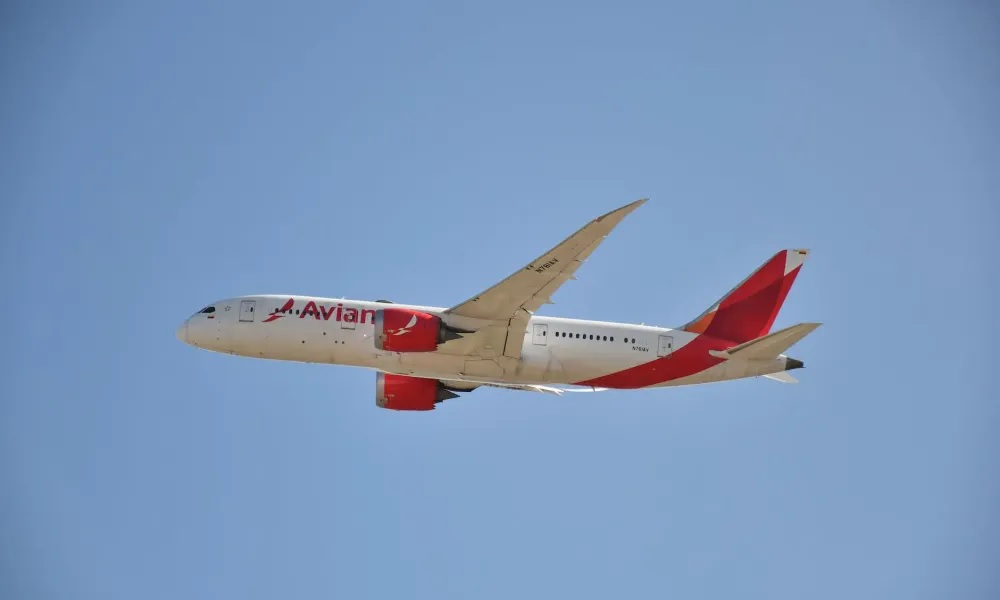The allure of soaring through the skies has captivated humanity for generations. The dream of becoming an aviator, of piloting an aircraft with grace and confidence, begins with a crucial step: primary training. For those with a passion for aviation, this initial phase sets the foundation for a successful and fulfilling journey in the world of flight. You can take a closer look at the importance of Primary Training in ak, exploring how it shapes aspiring aviators into skilled and confident pilots.
1. Building a Solid Foundation
Just as a skyscraper needs a strong foundation to stand tall, a career in aviation relies on a robust base of knowledge and skills. Primary training serves as this foundation, imparting essential aviation principles, safety protocols, and hands-on experience that are vital for safe and confident flying.
2. Navigating the Fundamentals
Flying an aircraft demands a deep understanding of fundamental concepts. Primary training equips aspiring aviators with knowledge of aerodynamics, flight controls, navigation, communication procedures, and meteorology. This comprehensive understanding ensures that pilots are well-prepared to handle a wide range of situations while in the air.
3. Hands-On Learning Experience
Theory alone isn’t enough to become a skilled aviator. Primary training includes invaluable hands-on experience in the cockpit, allowing trainees to familiarize themselves with the aircraft’s controls, practice takeoffs, and landings, and gain confidence in maneuvering through various flight scenarios.
4. Fostering Safety and Decision-Making
Safety is paramount in aviation, and primary training emphasizes the importance of making sound decisions, especially during challenging situations. Trainees learn how to assess risks, make informed judgments, and prioritize safety at all times – skills essential for responsible aviators.
5. Building Confidence and Competence
Entering the world of aviation can be daunting, but primary training instills a sense of confidence and competence in aspiring aviators. With each successful flight, trainees gain a greater understanding of their capabilities, gradually transforming from novices to pilots ready to navigate the skies.
6. Opening Doors to Further Training
Primary training isn’t just a standalone phase – it’s a stepping stone to advanced aviation education. With a solid foundation, aspiring aviators can pursue additional certifications and ratings, such as instrument training and commercial pilot licenses, further expanding their horizons and career opportunities.
7. Embracing the Mentorship
Primary training provides more than just technical knowledge – it also offers the opportunity to learn from experienced instructors who have walked the path before you. These mentors share their insights, lessons learned, and real-world experiences, offering invaluable guidance beyond textbooks.
8. Instilling Discipline and Responsibility
Aviation demands discipline and responsibility, both of which are instilled during primary training. Trainees learn to adhere to protocols, follow procedures meticulously, and take accountability for their actions. These qualities are vital not only for safe flying but also for personal and professional growth.
9. Overcoming Challenges
Aviation isn’t without its challenges, and primary training prepares aspiring aviators to face and overcome them. From managing adverse weather conditions to handling mechanical issues, trainees learn to stay composed under pressure and find solutions – skills that prove invaluable throughout their aviation journey.
Setting Flight on the Right Path
In conclusion, aviation is one of adventure, exploration, and boundless possibilities. Aspiring aviators looking to embark on this thrilling journey must recognize the significance of Primary Training in ak. Here, they’ll lay the groundwork for a successful and fulfilling aviation career. By building a strong foundation, understanding the fundamentals, gaining hands-on experience, and fostering safety-conscious decision-making, trainees evolve from novices to confident aviators ready to navigate the skies with competence and skill. So, whether your goal is to fly for pleasure or pursue a professional aviation career, remember that every successful flight begins with the essential knowledge and expertise imparted during primary training.

